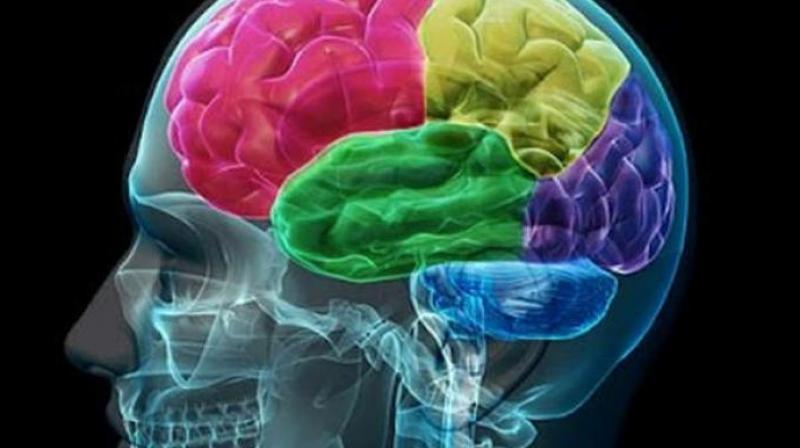JNCASR molecule can help treat many neuro ailments: Experts
Huntington's Disease and similar neuro degenerative diseases that occur due to accumulation of protein clumps and even cancer to an extent.

Bengaluru: A molecule to cease symptoms of Parkinson’s disease was the basic discovery of an intensive research process held at the Autophagy Lab at Jawaharlal Nehru Centre for Advanced Scientific Research (JNCASR), Jakkur.
Over time, the research team shares their delight of finding out that their discovery named 6-Bio stands a better scope of helping cure of Alzheimer's, Huntington’s Disease, and similar neuro-degenerative diseases that occur due to accumulation of protein clumps and even cancer to an extent.
Autophagy is a house cleaning cellular mechanism possessed by the human body which helps clear toxic proteins resulting in better survival of the cells, in this case, brain cells. With Japanese biologist Yoshinori Ohsumi securing Nobel Prize in 2016 for his work along the same lines, research on autophagy has become more prominent over the past few years.
“Our lab’s interest is to understand how cells control autophagy and we are glad that we have discovered several other small molecules that can turn on and turn off the process. After understanding how this works during healthy and affected conditions, we have now progressed to look into how the molecule can act in neuro-degenerating diseases, intra cellular infections and even cancer,” said Dr Ravi Manjithaya, Assistant Professor, Molecular Biology and Genetics Unit (MBGU), JNCASR.
With recent stages of the experiment opening up larger horizons to the research, the scientists add that the discovery would lead to a potential-drug molecule in near future which would help the patients from such ailments. “The ability of neuronal (brain) cells to regain functions thereby preventing neuronal degeneration in the brain was an observation which added further hope to the discovery of identifying autophagy inducing molecules,” he said adding that diagnosis of the disease in the early stages itself is quintessential.
The research was initiated five years ago by S.N. Suresh as part of his project for PhD at MBGU, with Dr Manjithaya as the guide. Dr James Chelliah, Assistant Professor, JNCASR and Dr Phalguni Anand Alladi from Neuro Physiology department of NIMHANS and their students are the other members of the team. “We are currently working on improving the properties of the molecule to make it more active and long-lasting,” the team summed up.

